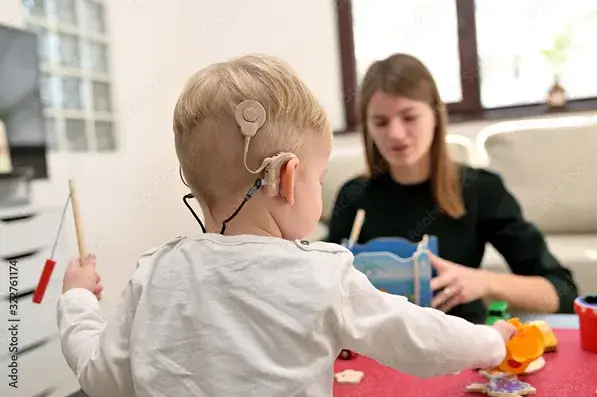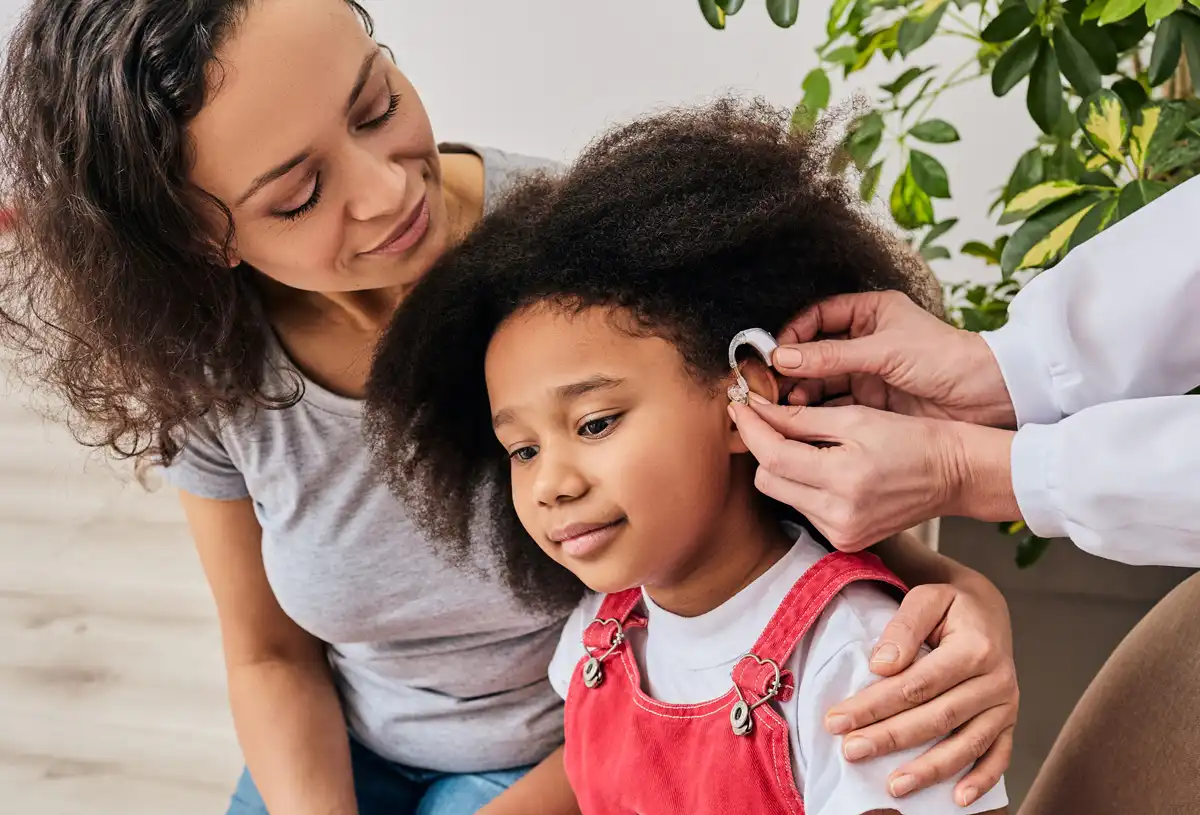Supporting the families you serve.
The L brings two decades of LSL expertise to West Virginia families. When you refer a child, hearing aids and implants become the start of lifelong language and connection.
Turn devices into clear communication
You set the course for a child’s hearing care. Early referral helps turn access to sound into real language and learning. Send a referral, and The L will connect with the caregiver to provide free, research-backed clinical support before and after device fitting.
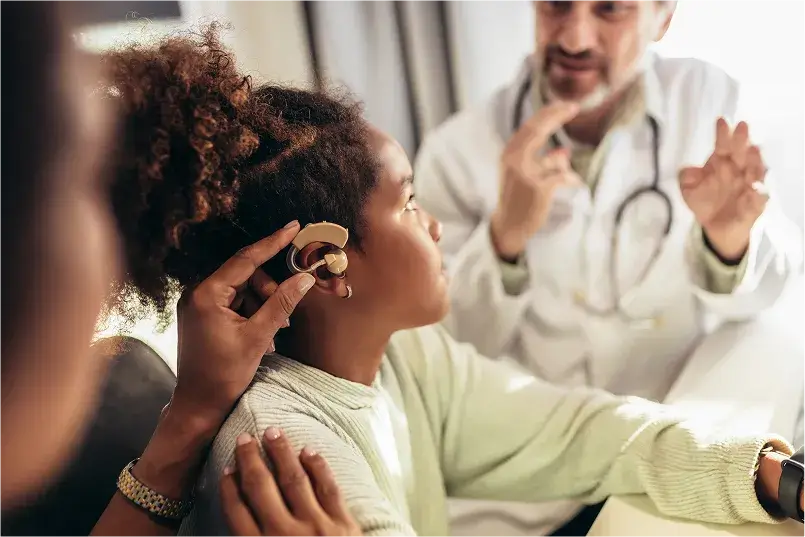
Start a quick referral
How we collaborate
After a newborn screening
Quick family outreach and clear next steps so follow-up doesn’t stall.
Diagnostic confirmation (ABR)
Turn results into a straightforward care plan and talk to parents about options.
Pre-device counseling
Begin parent coaching before devices so families don’t “wait to start.”
Pre-device counseling
Begin parent coaching before devices so families don’t “wait to start.”
Device fitting & mapping
Immediate post-fit coaching and practical help to support device use at home.
Device fitting & mapping
Immediate post-fit coaching and practical help to support device use at home.
Early parent-infant coaching
Weekly sessions that teach caregivers how to build listening into daily routines.
Children with additional needs
Tailored goals and interdisciplinary coordination for children who need extra support.
Professional consults and training
The L offers case consults, clinician-to-clinician coaching, IEP support, and in-service training for SLPs, Teachers of the Deaf, and audiologists. Presentations and conference talks also available on request.
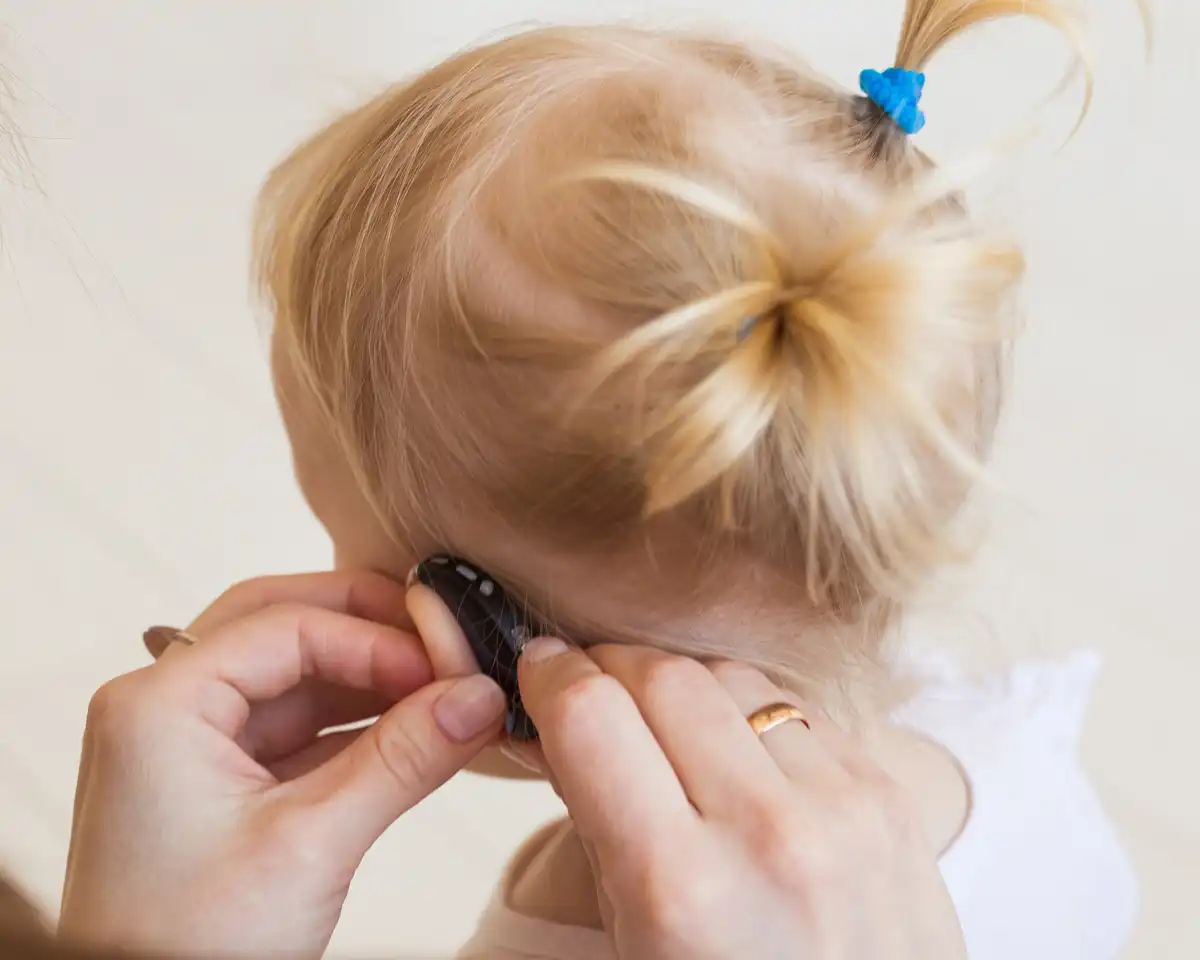
Early intervention matters
The brain is asking for input now.
Neural pathways for listening form fastest in infancy; starting support before six months gives the biggest advantage.
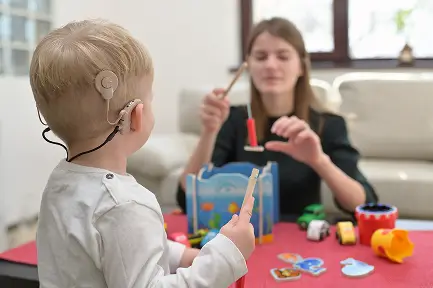
Devices alone don’t teach language.
Hearing aids and implants provide sound; caregiver coaching and targeted therapy teach a child what that sound means.
LSL leads to measurable results.
Over 20 years, every child who completed The L preschool reached age-level listening and spoken language.
Families and communities win.
Children who listen and speak can join conversations at home, learn with classmates, and take part in activities without a language barrier.
Referrals multiply your impact.
A quick referral moves families from diagnosis to therapy faster — improving device use, reducing delays, and making clinical results visible in everyday life.
Why deaf and hard-of-hearing children need specialized LSL care
Children with hearing aids or cochlear implants need a listening & spoken-language specialist.
General speech therapy is valuable, but teaching a deaf or hard-of-hearing child to listen with technology is a different specialty.
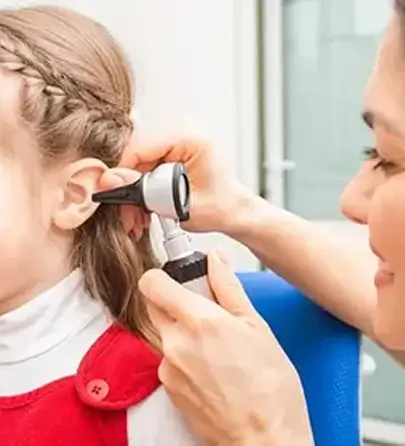
LSL-certified clinicians
Trained to turn device access into everyday listening and spoken language and to coach caregivers in daily routines.
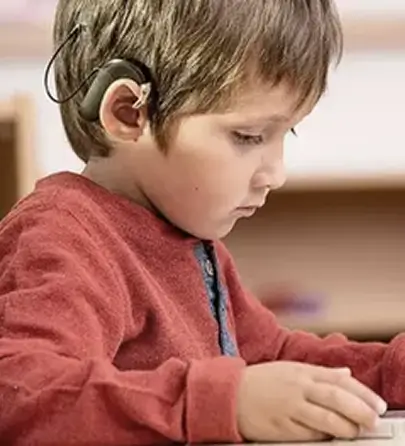
Focus
Parent coaching, device-focused strategies, and goals aimed at classroom readiness.
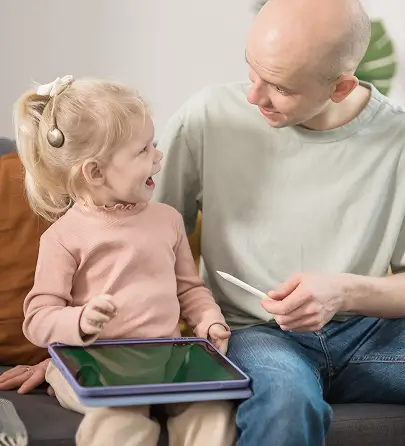
Coordination
Close work with audiology, ENT, and schools so device care becomes language progress.
of families choose LSL when educated about options
Consistent device use (10 + hours/day) and parent-guided talk lead to near-typical language growth
of L preschool graduates enter mainstream classrooms with age-level spoken language.
“The L handles parent education and follow‑through—turning hearing technology into real listening and spoken‑language outcomes.”
- Dr Touma
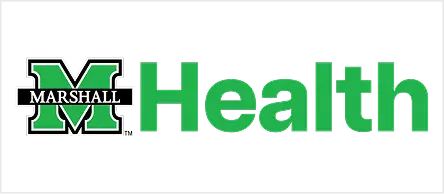
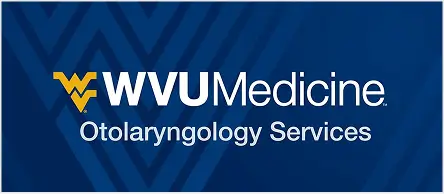
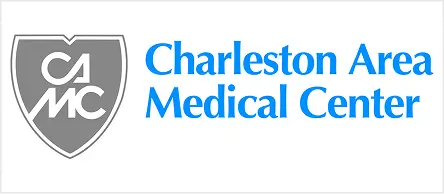
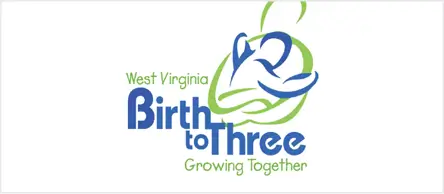
How we support families you refer
Services are free to eligible West Virginia families.
Parent-infant program
Short, weekly coaching that turns daily routines into listening practice. Includes device basics, simple home activities for caregivers, and is best begun as soon as hearing loss is suspected.
Preschool program
A small auditory-verbal classroom plus one-to-one therapy to build group listening, classroom routines, and kindergarten readiness. Over the past 20 years, every preschool graduate reached age-level listening and spoken language.
Individual LSL intervention
Targeted one-to-one sessions focused on name recognition, following directions, early words, and consistent device use. Caregiver coaching is central to each session.
Teletherapy
Live, practical coaching delivered at home via phone, tablet, or computer to reduce travel and keep progress moving between clinic visits.
Good candidates for LSL
- Newborns and infants who did not pass a newborn hearing screen or who have a confirmed diagnosis (earlier referral is better).
- Children waiting for hearing aids or cochlear implants, including pre-device counseling and immediate post-fit support.
- Children already using hearing devices, who need focused LSL intervention to build listening and spoken language.
- Children with additional needs: we adapt goals and coordinate with other specialists.
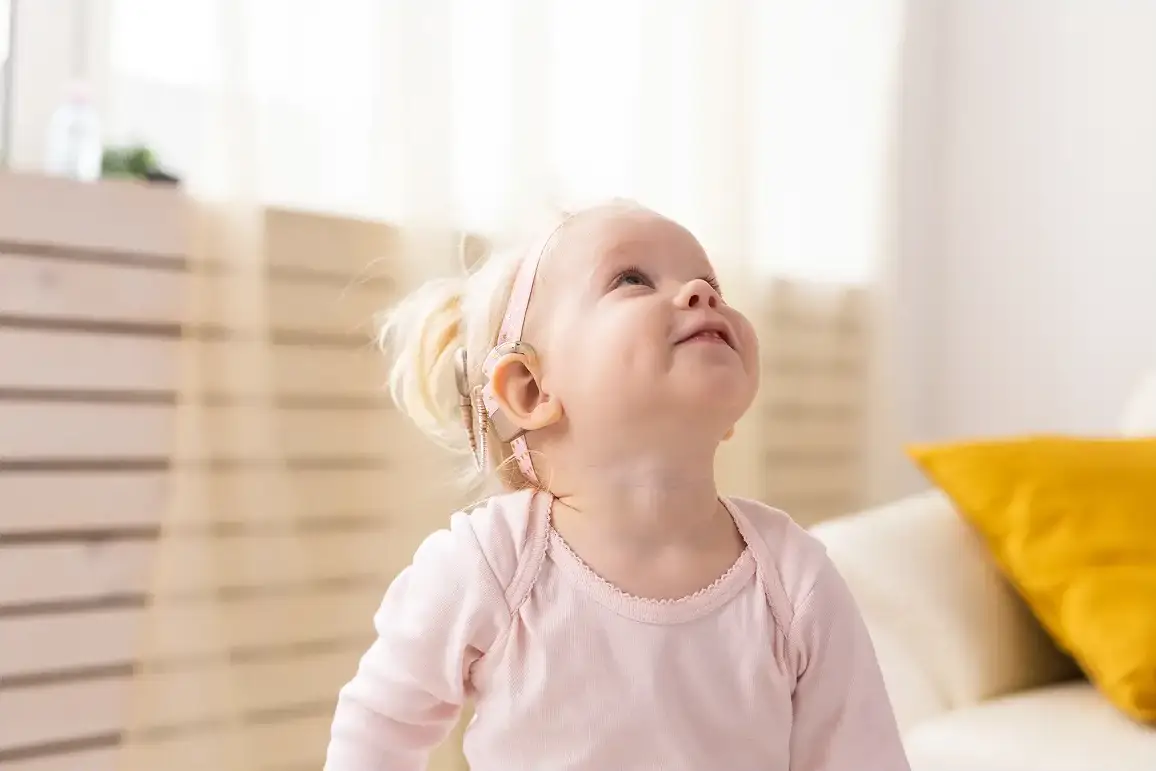
FAQ
Eligible West Virginia residents receive services at no charge thanks to state support. Teletherapy is available across WV, so care can happen at home on a phone, tablet, or computer. Families from Kentucky or Ohio may be seen for on-site visits in Huntington; out-of-state visits are scheduled by capacity and billed differently. Scholarships for some out-of-state families are available through the Scottish Rite Clinic—contact the team to confirm eligibility and next steps.
Yes. The L offers consults to SLPs, Teachers of the Deaf, and audiologists, plus in-service trainings and conference presentations. Contact the professional outreach line to schedule.
We contact caregivers within 1 business day. With caregiver consent, we share a brief summary of the initial consultation and provide concise progress updates at key intervals to the referring provider and care team. We’re available for quick case coordination by phone or email.
Infants/children with suspected or confirmed hearing loss, pre‑ and post‑amplification, whose families want listening & spoken‑language outcomes.
Resources

